Sheffield teenagers who were bullied because of their appearance speak out to help others like them
and live on Freeview channel 276
Bronwen Henthorn and Sam Thompson are two 17-year-olds who have both had a challenging start to life, spending their early years undergoing many operations in hospital.
Life continued with its challenges, as they were stared at, laughed at, and had nasty comments shouted at them, just because of their appearance.
Advertisement
Hide AdAdvertisement
Hide AdBronwen, a student at Dronfield Henry Fanshawe School Sixth Form, said: “I started getting negative comments from as far back as I can remember.
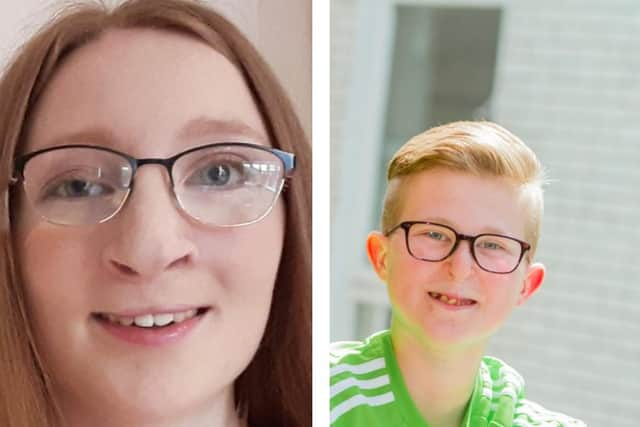

“It affected me more from secondary school - that was when I was getting the most staring. I was constantly worried every day.”
Bronwen has a bilateral cleft lip and palate and amniotic band syndrome, which affects her left hand and her right foot.
She explained that the torment of bullying - the brunt of which took place in secondary school - caused her more pain than her conditions.
Advertisement
Hide AdAdvertisement
Hide AdBronwen said: “My confidence levels dropped massively. I was always thinking about who was going to say something next. I became quite shy and quiet, and it stopped me doing things that I liked [like singing in the choir], even though I really wanted to.”
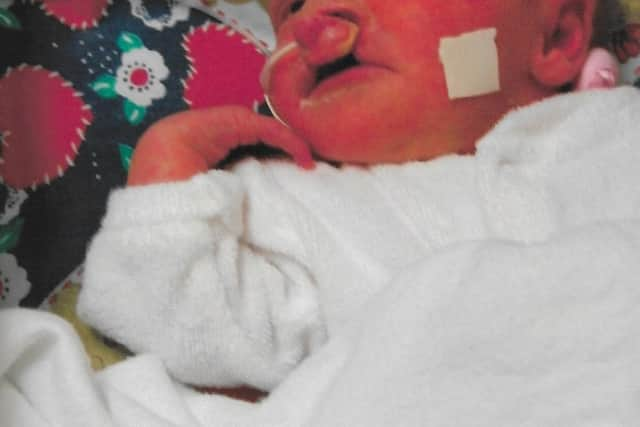

She is grateful for the support she received from her school, however she told how it “became quite tiring every day” reporting the incidents, as teachers would only tell pupils to stop what they were doing and not give any explanations.
Bronwen described feeling quite ‘alone’ at one point, and her clinical psychologist suggested seeking support from Changing Faces, a charity that supports young people with visible difference and disfigurement.
Through joining a forum, workshops and one-to-one counselling sessions, she was able to learn techniques and coping strategies.
Advertisement
Hide AdAdvertisement
Hide AdBronwen said: “It was such an eye opener for me. It helped me with building my confidence. I realised I wasn’t alone anymore - it felt amazing.”
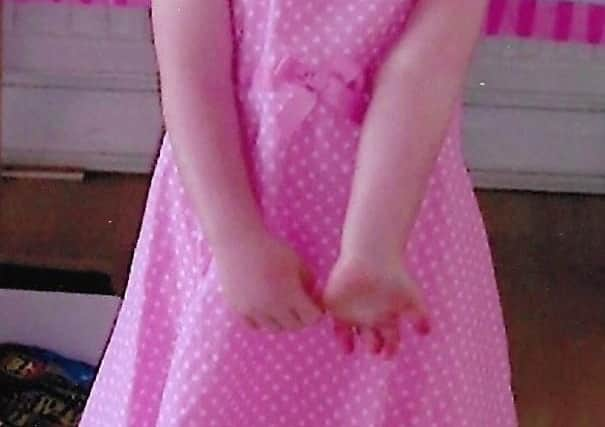

She is telling her story to raise awareness about what living with visible differences is like, to help others who may be facing the same struggles, and to show them that “it’s okay and good to be different”.
Bronwen now has her own YouTube channel, has given presentations at school, and fundraises and volunteers for charities like Changing Faces.
She wants to go onto study psychotherapy and counselling at university after sixth form, as she “wants to help people”.
Advertisement
Hide AdAdvertisement
Hide AdTo anyone who may be going through a similar struggle, Bronwen advises: “I’d just say, to understand that you’re not alone. If people stare at you, it's not a reflection of you and more likely a reflection of themselves. It does get better.
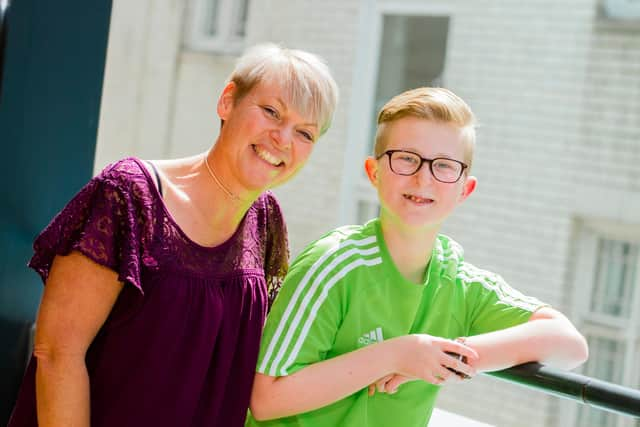

“You will grow in confidence, especially if you’re lucky enough to meet people like you. Being different is definitely not something to be ashamed of. It should be celebrated, and it's one of the best things that I’ve realised.”
She feels “a lot more positive” today but admits that she still has ‘bad’ days.
Bronwen added: “I’ve embraced being different - it’s one of the best things to happen to me.”
Advertisement
Hide AdAdvertisement
Hide AdSam, an engineering student at Sheffield college, was also born with a cleft lip and palate.
He found the transition to secondary school quite difficult coming from a small village, with negative remarks and staring a regular occurrence.
Sam said: “Most of them were older than me so they should be more mature. It was hard to understand why they were behaving the way they were.”
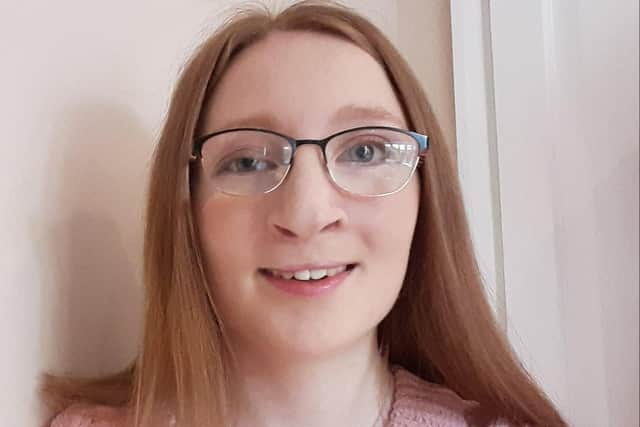

He explained: “It had a negative effect. I would go home and be upset and I’d not know how to deal with it or how to report it.”
Advertisement
Hide AdAdvertisement
Hide AdSam praised the support he received from his form teacher and pastoral team at school however.
He added: “It’s good for teachers to have knowledge of different scenarios, and it’s good to talk to someone who are not your parents.”
Sam is now speaking out to help others.
He said: “It’s something that's not common - it’s not spoken about as much as it should be. People don’t understand how it has an effect on other people. They could be just staring, but people don’t understand how it can affect you. It’s raising awareness.”
Sam turned to Changing Faces after his dentist made him aware of the work it does.
Advertisement
Hide AdAdvertisement
Hide AdHe advises anyone who may be struggling to ‘definitely’ get in touch.
“It’s great to see and talk to other people who see and feel the same as you,” Sam said.
He added: “Get to know your form teacher at school [or most schools will have a pastoral team]. Just ask if it's alright if you can report anything that happens. Try to be confident because confidence is key to reaching out.”
Sam now feels better able to cope with people who stare and said: “I want to say to those people, ‘don’t always judge a book by its cover.’ It’s fine to look because I know I look different, but please don’t keep on staring. Come and ask me if you really want to know why I look the way I do.”
Advertisement
Hide AdAdvertisement
Hide AdNew research by ChildWise has highlighted that just one in four children would like to be friends with someone with a visible difference, a fall from 30 percent in 2018.
One in three have had mean comments about how they look and for one in four, this has escalated to some form of bullying.
Heather Blake, CEO of Changing Faces, said: “It’s clear that we’ve got to take urgent action to create a more inclusive and positive environment that supports children and young people to value and celebrate difference.”
Changing Faces has announced a package of measures to better support children, young people, and the families of those who have a visible difference.
For more information, see here or call 0300 012 0275.